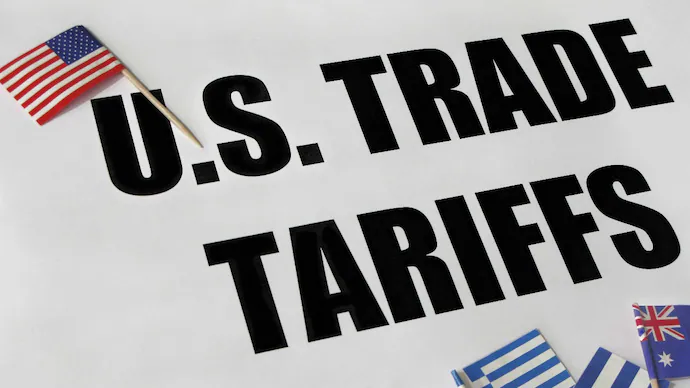
What is a Reciprocal Tariff, and How Does It Affect U.S. Imports and Exports?
What is a Reciprocal Tariff?
A reciprocal tariff is a trade policy in which a country imposes tariffs on imports from another country that match or mirror the tariffs that country applies to its exports. In other words, if a foreign nation places high tariffs on American goods, the U.S. would respond with equivalent tariffs on goods imported from that country. The primary goal of reciprocal tariffs is to reduce trade imbalances and pressure trade partners to lower their tariffs on U.S. products.
Impact on U.S. Imports
- Higher Costs for Goods
- Imposing reciprocal tariffs increases the price of imported goods, raising costs for American businesses and consumers.
- For example, if tariffs are imposed on Chinese electronics or auto parts, U.S. companies that rely on these products will face higher expenses, which could be passed on to consumers.
- Rising Inflation
- As the prices of imported goods increase, overall inflation may rise, putting pressure on the Federal Reserve’s monetary policy decisions.
- Higher inflation can reduce consumer purchasing power and slow economic growth.
- Supply Chain Adjustments
- Businesses may need to modify their supply chains to source products from countries with lower tariffs.
- This could cause short-term disruptions and increased operational costs.
Impact on U.S. Exports
- Retaliatory Tariffs from Trading Partners
- Other countries may respond with their own tariffs on U.S. goods, making American products more expensive and less competitive in foreign markets.
- For example, in past trade disputes, China, the European Union, and Mexico have imposed retaliatory tariffs on U.S. agricultural products, reducing demand for American exports.
- Decreased Competitiveness of U.S. Goods
- High tariffs on U.S. exports can make American goods less attractive in global markets.
- Key industries such as agriculture, manufacturing, and energy may suffer from reduced international demand.
- Increased Trade Tensions
- Reciprocal tariffs can strain diplomatic relations and lead to prolonged trade disputes.
- Countries affected by U.S. tariffs may seek alternative trade partners, further impacting U.S. exporters.
Conclusion
While reciprocal tariffs aim to protect domestic industries and reduce trade imbalances, they also introduce risks such as higher consumer prices, inflation, and trade retaliation. In the long run, such policies can disrupt supply chains and weaken the global competitiveness of U.S. businesses. Striking a balance between fair trade policies and economic stability is crucial for ensuring sustainable growth in international trade.
